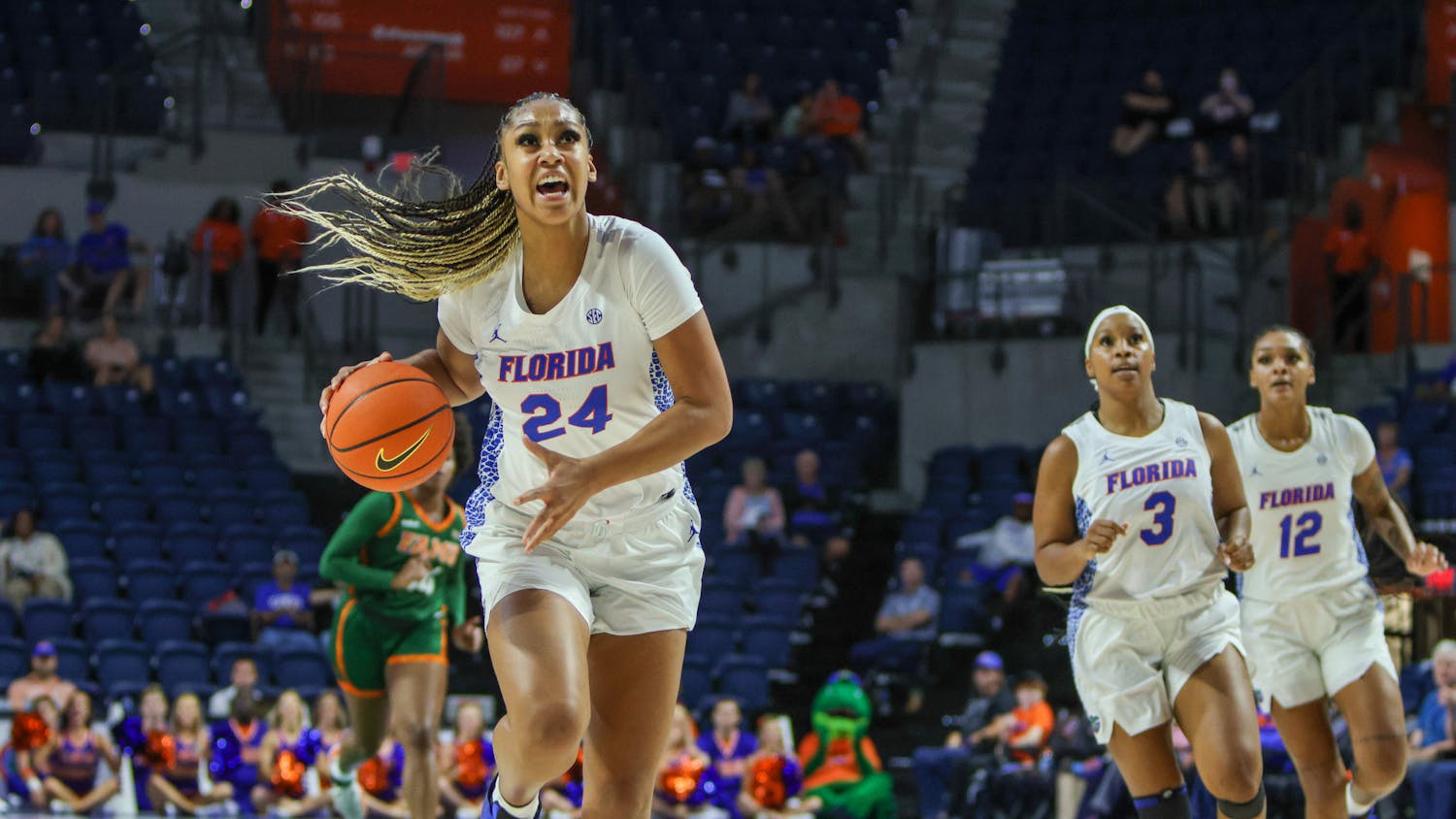Change is all around us. While change is a constant force, industries in this country are struggling to adapt. The changing industries that get the most press attention are print journalism, cable television and book publishing.
While the changes in these industries are often overplayed and exaggerated for dramatic effect in the mainstream media, one industry in particular has truly been struggling to adapt to a changing environment for quite some time. I am talking about our higher-education system, which has not necessarily changed for the better.
Dan Berrett, writing in the Chronicle of Higher Education, gives us the date when the university system changed forever: Feb. 28, 1967. Before this date, students sought a college degree in order to pursue their passions before tracking down a job. Degrees in the classics, the arts and philosophy were popular. Many students would enter into a profession irrespective of their path after graduation. Seeking these degrees broadened a student’s intellectual curiosity and creative capacity.
In a recent Washington Post story, the president of Wesleyan University remarked how his father was content with becoming a cab driver after graduating college.
Oddly enough, working as a cab driver back in the day could probably pay for a substantial portion of tuition bills. The article notes that “an entire tuition bill could be paid by working odd jobs during the summer.”
This all changed after that day in February when Ronald Reagan, then governor of California, declared the taxpayers of the state shouldn’t be “subsidizing intellectual curiosity.”
From then on, Berrett notes the shift in the intent of students. Students now seek a degree that gets them a job instead of a degree that intellectually inspires them.
The statistics highlight this shift: the Cooperative Institutional Research Program conducted a survey that revealed 86.1 percent of college freshmen go to college in order “to be able to get a better job.” Compare this to the 46.6 percent that seek a degree in order “to make (them) a more cultured person.”
Such a radical shift in the intent of an education has left the system looking for answers. The system is struggling, and blame is abundant.
Many critics blame colleges for increased tuition. Some job-seeking students complain that the university offers too many classes that are not practical.
Others blame colleges for ingraining a belief of entitlement in their students. Students are led to believe they deserve top-paying jobs. A recent graduate would balk at the idea of becoming a cab driver. The simple fact of the matter is that it’s incredibly difficult for colleges today. It’s incredibly easy to blame universities because many of them are in a no-win situation. Colleges either completely forgo their traditional role or simply take money from students, in the process handing them a worthless degree in a bad economy.
But some colleges are getting things right.
I think UF gets things right in higher education for a few reasons. First, the university forces — yes, forces — students to take classes that spread their intellectual horizons. Students must take classes that expand their interest in the classics, behavioral studies and biological sciences. In this way, UF is staying true to the original intent of a university education. Taking What is the Good Life — please send all angry letters to the opinions editor — is a good idea. If the class is conducted correctly, it is a fantastic introduction to more thoughtful classes at school.
The Gordon Rule, a minimum writing requirement to graduate, focuses students on more practical subjects. Every employer needs an employee that writes well.
And finally, the Career Resource Center is invaluable to the job-pursuing student.
If more schools start to embrace change while preserving the original intent of higher education as UF does, perhaps we can start talking more about this development and less about newspapers, cable and Amazon publishing.
Michael Beato is a UF political science junior. His column appears on Thursdays.
[A version of this story ran on page 6 on 3/12/2015 under the headline “Well-rounded classes better for students”]





